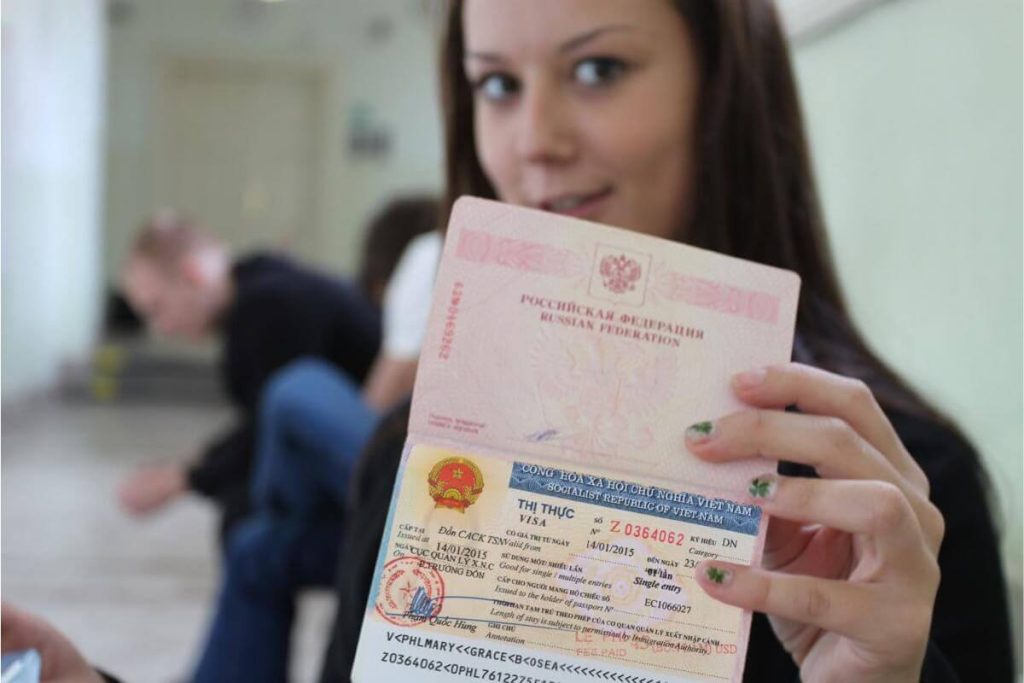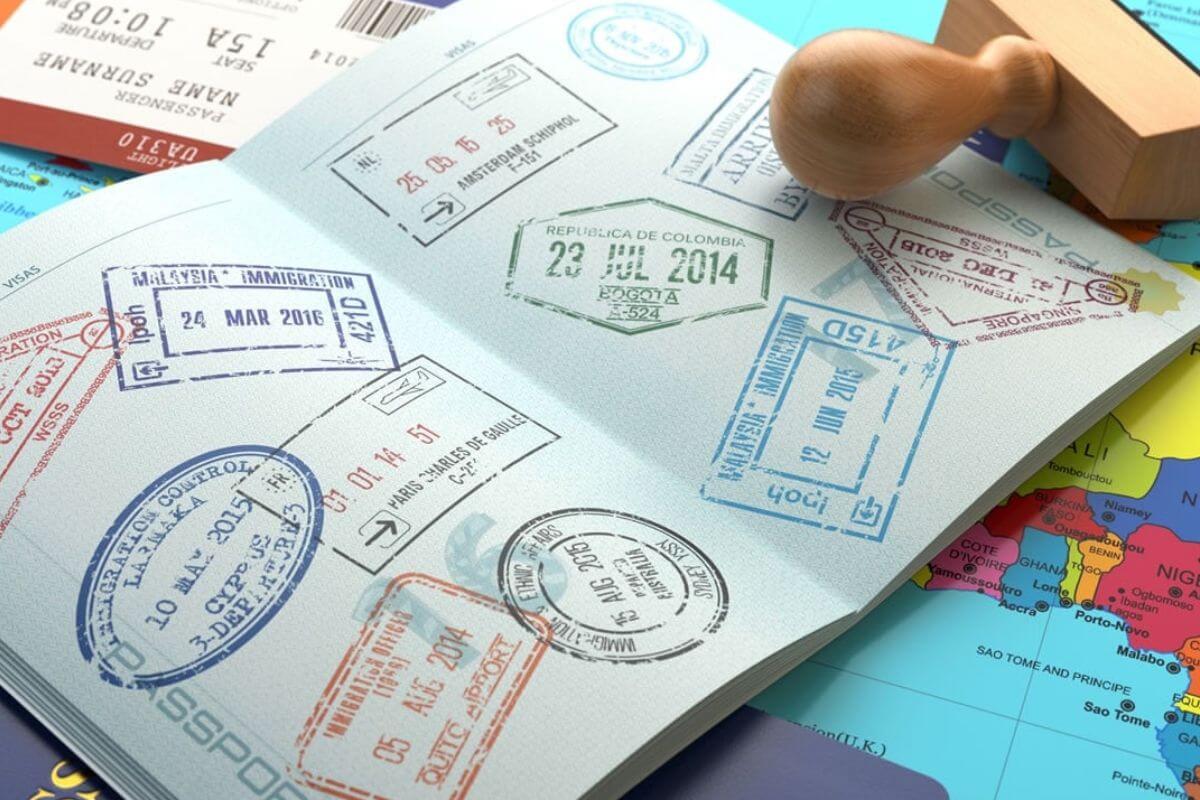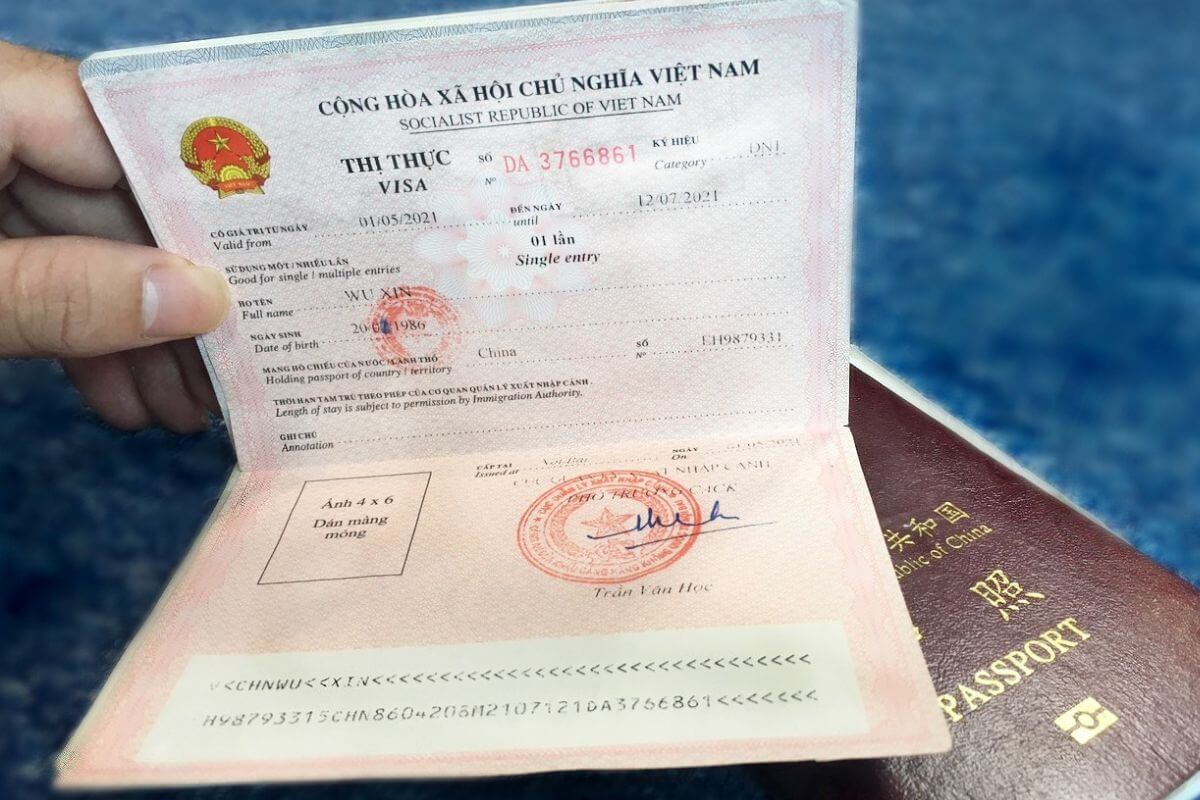Embarking on a journey to Vietnam is an exciting adventure filled with vibrant culture, breathtaking landscapes, and rich history. However, before you pack your bags, understanding the Vietnam travel visa requirements is crucial for a smooth entry. Whether you’re applying for an eVisa for Vietnam, a traditional tourist visa, or checking visa exemptions, this in-depth guide provides everything you need to know to plan your trip with confidence.
What is Vietnam Travel Visa?
Foreign visitors generally require a visa for Vietnam to enter for tourism purposes, except for citizens of countries with visa exemption agreements. Vietnam’s immigration laws outline two primary visa options for tourists, each suited to different travel preferences:
- Tourist Visa: A visa facilitated through an international travel agency acting as a sponsor. This is perfect for travelers joining organized tours or seeking a traditional visa process.
- Tourist eVisa (Vietnam visa e visa): A digital visa applied for directly through Vietnam’s Immigration Department online portal, offering convenience and flexibility for independent travelers.
Beyond these, certain nationalities can enter Vietnam without a visa under unilateral or bilateral exemption policies, with stays ranging from 45 to 90 days, depending on the agreement.
Did you know? Vietnam’s eVisa system was introduced to simplify the visa process, making it easier for travelers from over 190 countries to apply online without embassy visits.
Vietnam Travel Visa Exemption Policies in Detail
Vietnam offers visa-free entry to boost tourism and strengthen diplomatic ties. Here’s a detailed exemptions:
- Unilateral Visa Exemption (Effective March 15, 2025 to March 14, 2025): Citizens of 12 countries—Russia, Japan, South Korea, Norway, Finland, Denmark, Sweden, the UK, France, Germany, Spain, and Italy—can enter Vietnam without a visa for up to 45 days per entry. This applies to all passport types and entry purposes, provided travelers meet Vietnam’s entry conditions.
- 2025 Tourism Stimulus Program: To encourage tourism in 2025, Vietnam has extended visa-free entry to citizens of Poland, the Czech Republic, and Switzerland. This temporary policy aligns with Vietnam’s goal to attract more European visitors.
- Bilateral Visa Exemptions: Vietnam has mutual visa-free agreements with countries like Thailand, Malaysia, and Singapore, allowing stays of up to 30–90 days, depending on the agreement. Check with your country’s or embassy for specifics.
Duration and Validity of Vietnam Travel Visa
The validity and duration of stay for a Vietnam travel visa on the visa type:
- Tourist Visa: Valid for up to 3 months, with each entry allowing a maximum stay of 30 days. Ideal for short visits or multi-country itineraries.
- eVisa for Vietnam: Valid for up to 3 months, permitting a continuous stay of up to 90 days. Perfect for extended explorations of Vietnam’s diverse regions.
Always review the specific entry and exit dates on your visa to avoid overstaying, which can result in fines, deportation, or entry bans.
How to Apply for a Vietnam Travel Visa
Applying for a visa for Vietnam is straightforward, whether you opt for an eVisa or a travel agency-sponsored visa. Here’s a step-by-step breakdown:
Applying for an eVisa for Vietnam
The Vietnam visa e visa is a popular choice for its simplicity and accessibility. Here’s how to apply:
- Access the Official Portal: Visit Vietnam’s Immigration Department website at evisa.gov.vn.
- Complete the Application Form: Provide required details, including:
- A digital passport photo (valid for at least 6 months).
- A recent portrait photo (straight-facing, no glasses).
- Personal information (full name, date of birth, nationality).
- Trip details (entry date, port of entry, purpose of visit—select “Tourist”).
- Review Your Information: Double-check all entries to avoid delays or rejections due to errors.
- Pay the eVisa Fee: Complete the non-refundable payment online via credit/debit card. The fee is typically around USD 25 (subject to change).
- Receive Your eVisa: After 3 working days, use the provided application code and registered email to check your eVisa status. Download and print the approved eVisa for presentation at immigration.
Pro Tip: Save a digital copy of your eVisa on your phone and keep a printed version handy, as some airports may require both.
Applying for a Vietnam Travel Visa via a Travel Agency
For those preferring a sponsored visa, an international travel agency like Saigon Local Tour can handle the process. The agency will liaise with Vietnam’s Immigration Department to secure your visa, typically within 5–7 working days.
Let us take care of the paperwork while you plan your adventure. Click here to apply for your Vietnam visa with ease through our trusted visa service - fast, reliable, and hassle-free.
Expert Tips for a Successful Vietnam Visa Application
How Long Is a Vietnam Travel Visa Valid?
Both the tourist visa (DL) and eVisa for Vietnam can be valid for up to 3 months, but the permitted stay varies (30 days per entry for DL, up to 90 days for eVisa). Always check the visa’s issuance and expiry dates to plan your itinerary accurately.
Can You Extend a Vietnam Tourist Visa?
Under Vietnam’s current immigration laws, tourist visas are not extendable. If you wish to stay longer, you must:
- Apply for a new visa before your current one expires.
- Convert to a different visa type (e.g., business or family visit) with appropriate documentation.
- Contact Vietnam’s Immigration Hotline at 1900 633 303 or visit a local immigration office for assistance.
Can You Work on a Tourist Visa?
No. According to Article 17, Clause 8 of Vietnam’s 2014 Immigration Law, a visa for Vietnam issued for tourism is strictly for leisure, exploration, or visiting friends/family. Engaging in paid work or business activities is prohibited and can result in fines or deportation.
Can You Convert a Tourist Visa to Another Type?
Yes, it’s possible to convert a tourist visa to a business, work, or family visit visa in certain cases. This requires:
- Valid documentation supporting the new visa purpose (e.g., a job offer for a work visa).
- Submission through a licensed agency or directly to the Immigration Department.
- Compliance with Vietnam’s immigration regulations.
Consult a visa specialist to navigate this process smoothly.
Entry Ports Accepting eVisa
The Vietnam visa e visa is accepted at 33 entry points, including:
- International Airports: Noi Bai (Hanoi), Tan Son Nhat (Ho Chi Minh City), Da Nang, Cam Ranh (Nha Trang), Phu Quoc, and more.
- Land Borders: Moc Bai, Huu Nghi, Lao Cai, and others.
- Seaports: Ho Chi Minh City, Da Nang, Nha Trang, and Hai Phong.
Confirm your entry port supports eVisa before finalizing travel plans.
Countries Facing Challenges with Vietnam Visa Applications
Citizens of certain countries may encounter stricter scrutiny or complex procedures when applying for a visa for Vietnam. These include: Afghanistan, Nigeria, Pakistan, Bangladesh, Iraq, Iran, Syria, and several others across Africa.
Applications from these nationalities may require additional documentation, longer processing times, or even face rejection. To improve your chances, work with a reputable visa agency and apply well in advance.
FAQs About Vietnam Travel Visa
1. What happens if I overstay my Vietnam visa?
Overstaying can lead to fines (approximately USD 5–25 per day), deportation, or entry bans. Contact the Immigration Department immediately if you anticipate an overstay.
2. Can I apply for an eVisa at the airport upon arrival?
No, the Vietnam visa e visa must be applied for online before travel. However, some travelers may qualify for a visa on arrival if arranged through a travel agency (not the same as eVisa).
3. Is travel insurance required for a Vietnam visa?
Travel insurance is not mandatory but highly recommended to cover medical emergencies, trip cancellations, or lost belongings during your stay.
4. Can I enter Vietnam multiple times on an eVisa?
Currently, the eVisa for Vietnam is single-entry only. For multiple entries, consider a tourist visa (DL) or consult an agency for options.
Plan Your Vietnam Tours with Confidence
With the right Vietnam travel visa or eVisa for Vietnam, you’re all set to immerse yourself in Vietnam’s stunning beaches, bustling cities, and UNESCO World Heritage sites. Whether you’re wandering Hanoi’s Old Quarter, cruising Ha Long Bay, or savoring phở in Ho Chi Minh City, a well-prepared visa application ensures a stress-free journey.
Ready to explore Vietnam? Let Saigon Local Tour guide you through every step – from your Vietnam travel visa to unforgettable journeys across the country. Contact us now for expert, personalized support





